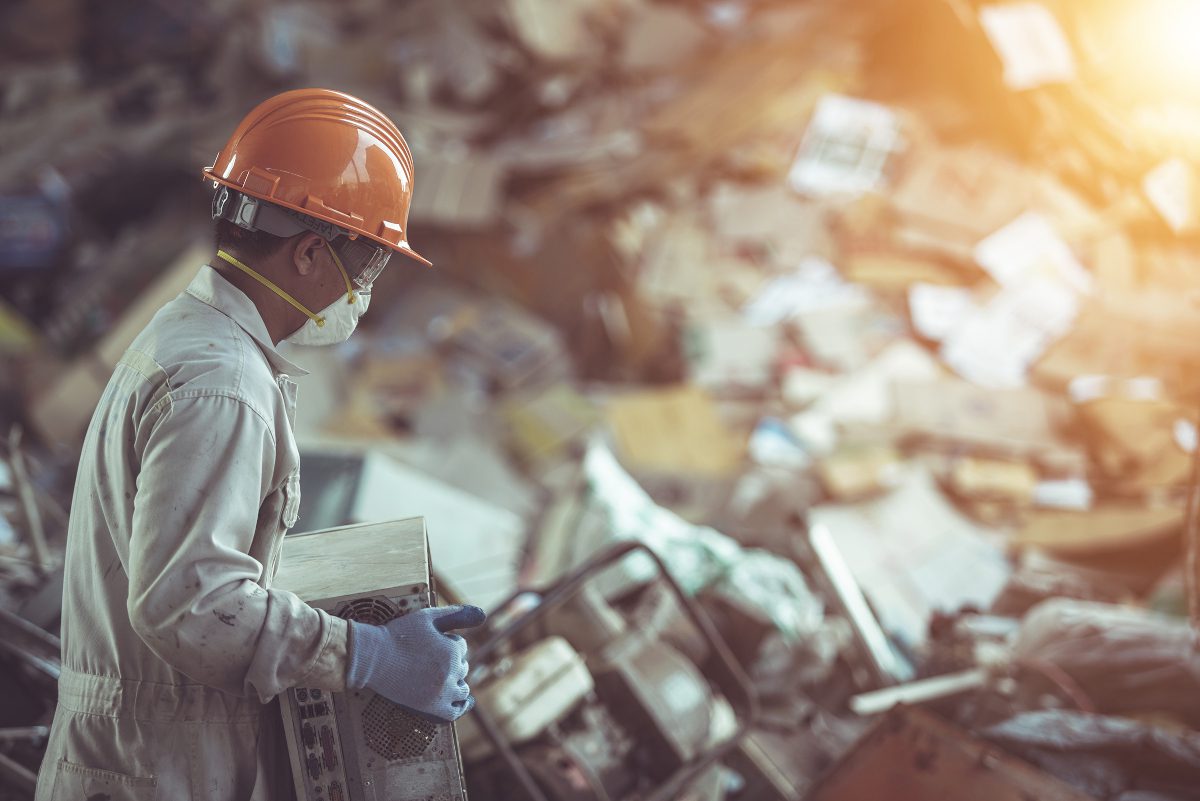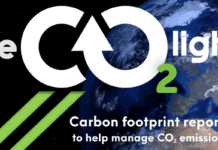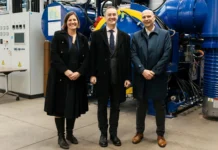
Measures that will make it easier to recycle and reuse electrical goods appear in the government’s WEEE consultation, launched on 28 December 2023. The proposals include setting up a new category for vapes, to ensure the additional cost of their disposal is borne by vape producers only.
Experts in the WEEE sphere were quick to welcome the consultation, and offer thoughts on what has been going wrong to date, with recycling WEEE.
Lighting and circularity expert Recolight said it was pleased to see that the initial policy proposals cover what had been expected. The reform of the WEEE regulations is intended to encourage greater reuse and collection of waste electricals. And for products that cannot be reused, or remanufactured, proposals are in place to make it easier for consumers to recycle.
There are two separate consultations – firstly proposals for short term regulatory change, and secondly, a call for evidence in other areas, to aid the development of new policy proposals.
Proposals for short-term regulatory change
• Free of charge collection of WEEE for consumers: In essence, providing householders with free of charge collection of both small WEEE, and also of bulky WEEE, financed by the producers of new products.
• Enhanced options for consumer takeback via retailers: This includes strengthened obligations on retailers, in particular free collection of used appliances when delivering new appliances, and simpler in-store take back options for consumers.
• Tackling non-compliant product sold via online marketplaces.: The government propose a new class of producer. This would require online marketplaces to take on the financial obligations for collection and treatment of their overseas sellers. This would be consistent with the current packaging reforms.
• New category for vapes: Establishment of a new category for vapes to ensure the cost of collection and treatment of these products is correctly borne by vape producers – and not by other producers
• Setting up a new central WEEE administration body: This would manage several functions currently undertaken by various organisations, together with managing household WEEE collections, to control costs.
Call for evidence
The call for evidence invites stakeholders to provide input into future policy development in a range of areas. This includes measures to incentivise better eco-design of new products, requiring producers to finance fly-tipped WEEE, incentivising reuse over recycling, and providing business end users with easier to access WEEE collections.
Recolight response
Commenting on the launch of the consultations, Recolight Chief Executive Nigel Harvey said: “This consultation is long overdue, but it is pleasing that it has prioritised some ‘quick wins’ for early implementation.”
“For the lighting industry, the most important is no doubt action to end the scourge of WEEE non-compliance through online marketplaces. Research has shown that the overwhelming majority of smaller electrical products, such as light bulbs, offered for sale through online marketplaces do not comply with the WEEE regulations. The proposed changes will require marketplaces to finance the WEEE obligations of products from outside the UK sold via their platform. For the lighting industry, this cannot happen soon enough.”
He added “We also welcome the proposed changes to make it easier for consumers to recycle, via household collections and enhanced retailer takeback obligations. Research has shown that some 155,000 tonnes of WEEE are discarded each year in the residual waste. And yet, increasing producer targets has not increased WEEE collections. Instead, what is needed, is an expansion of the options open to consumers to recycle. There is ample evidence that shows consumers will recycle when the infrastructure, and communications are in place.”







